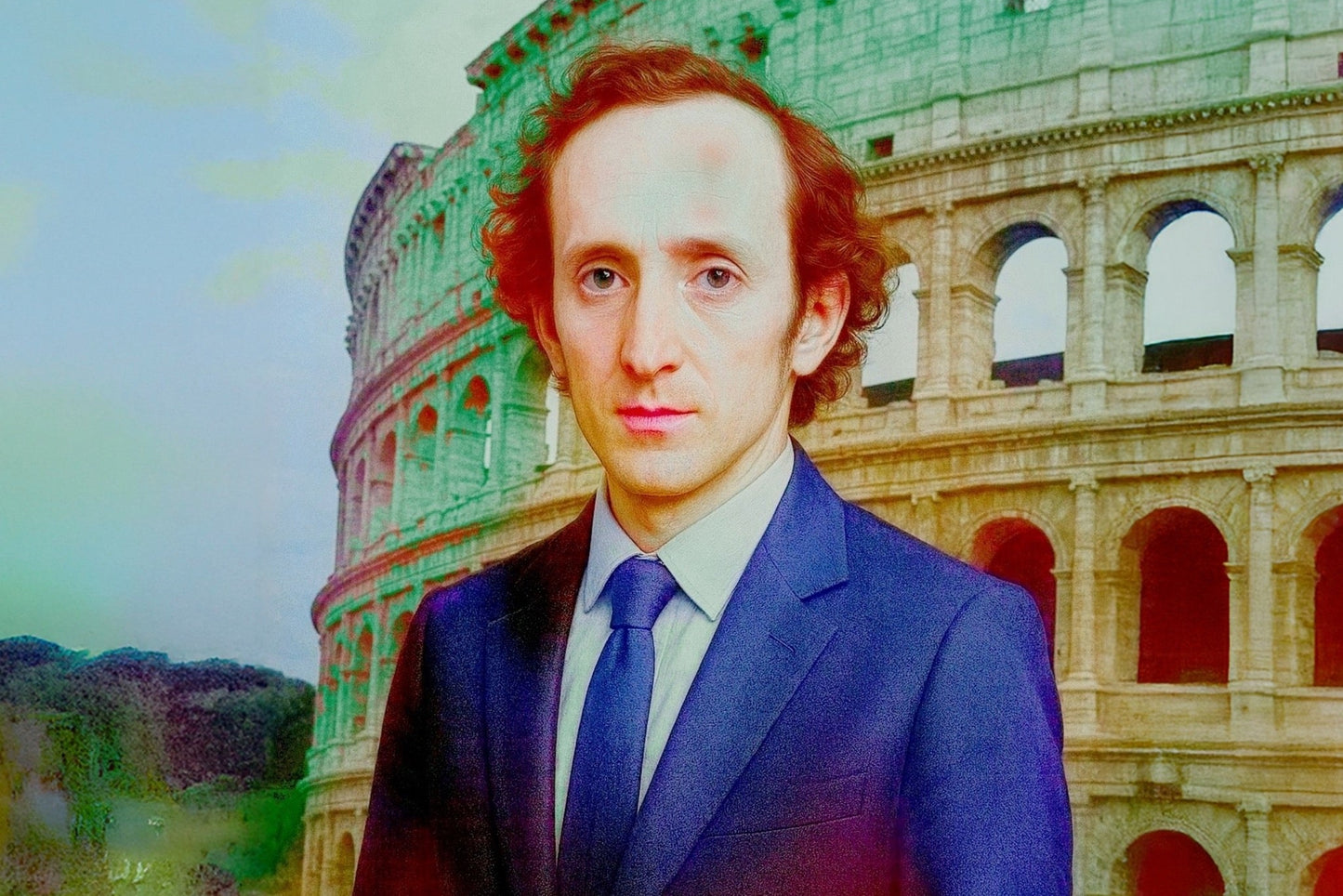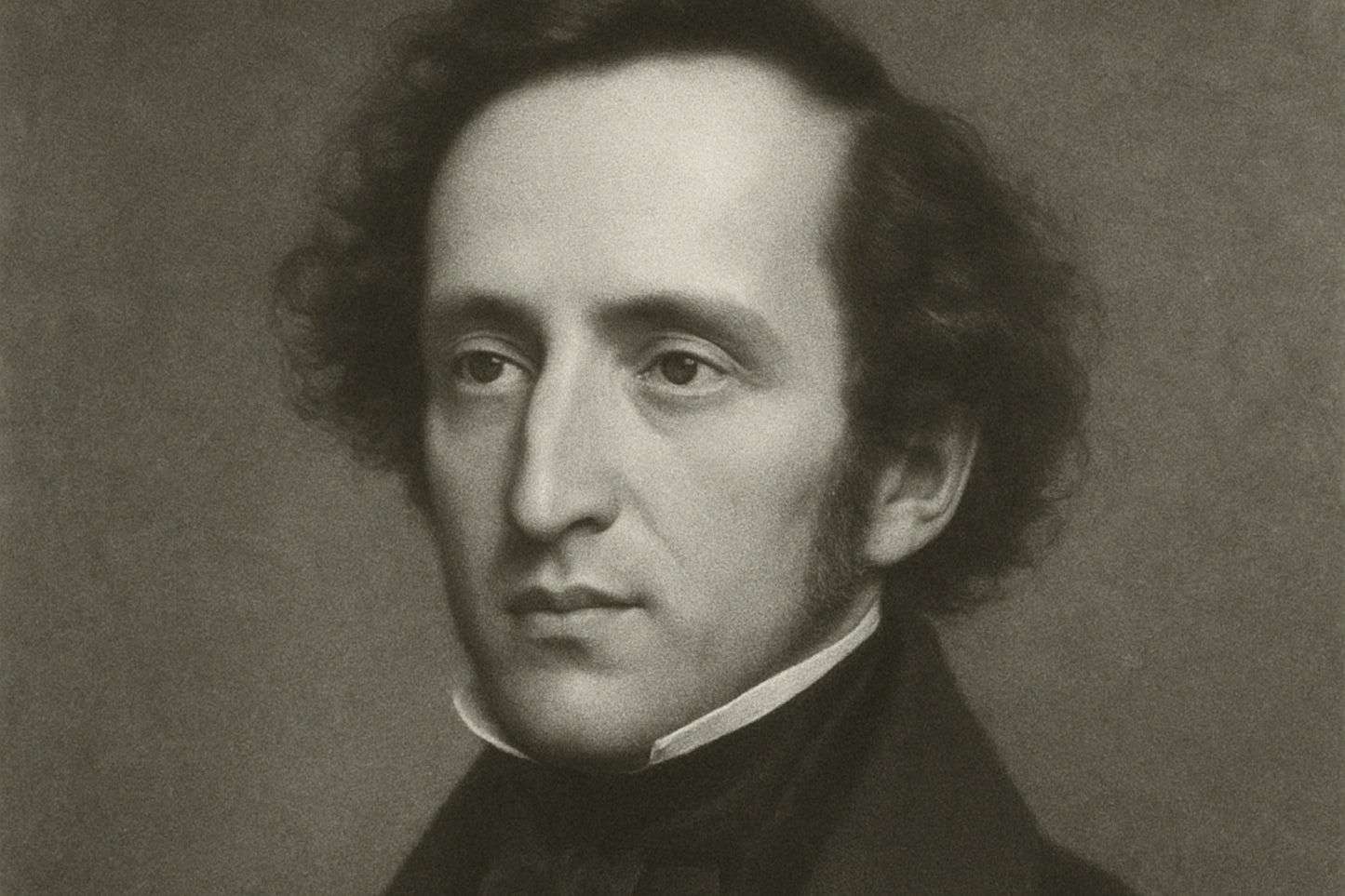FELIX MENDELSSOHN (1809-1847) /
Songs Without Words
Arrangement for ensemble by Josef Piras
Fanny Hensel (1805-1847)
Songs
SALOMONE ROSSI (1570-1630)
Symphonies and Galliards
MARIO CASTELNUOVO-TEDESCO (1895-1968)
Three Sephardic Songs
Chen Reiss, soprano
Daniel Grossmann, conductor
JEWISH
Jewish musical traditions in, about, and from Italy: the violinist Salomone Rossi worked at the court of Mantua in the 16th century and quickly rose to the position of Kapellmeister – his great role model was Claudio Monteverdi. The Mendelssohn siblings embarked on a Grand Tour in 1830, spending six months in Italy – following in Goethe's footsteps. Their journey is audible in their songs from this period. In the 20th century, the Florentine composer and pianist Mario Castelnuovo-Tedesco drew inspiration from the music of his Sephardic ancestors.
TODAY
When we hear 'Italy', we immediately smell pizza or lemons and think of 'dolce vita' – the songs of Felix and Fanny Mendelssohn reflect precisely these travel memories from 200 years ago. Rossi's music tells of the principalities of the Renaissance, whose art we still appreciate today. Castelnuovo-Tedesco, in turn, looks back on his family history: to this day, Sephardic Jews preserve their identity through their language and music.
FOR ALL
New discoveries all around: unknown Italian composers and the first concert of the JCOM in the large Art Nouveau synagogue in Szeged (Hungary), the fourth largest active synagogue in the world. The building was constructed between 1900 and 1903 and is one of the outstanding examples of the Belle Époque, combining elements of Art Nouveau and Historicism.












